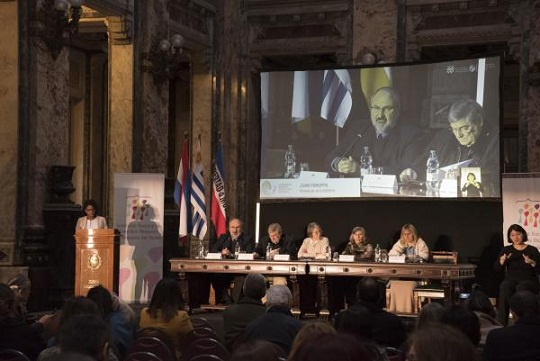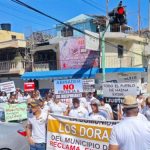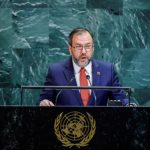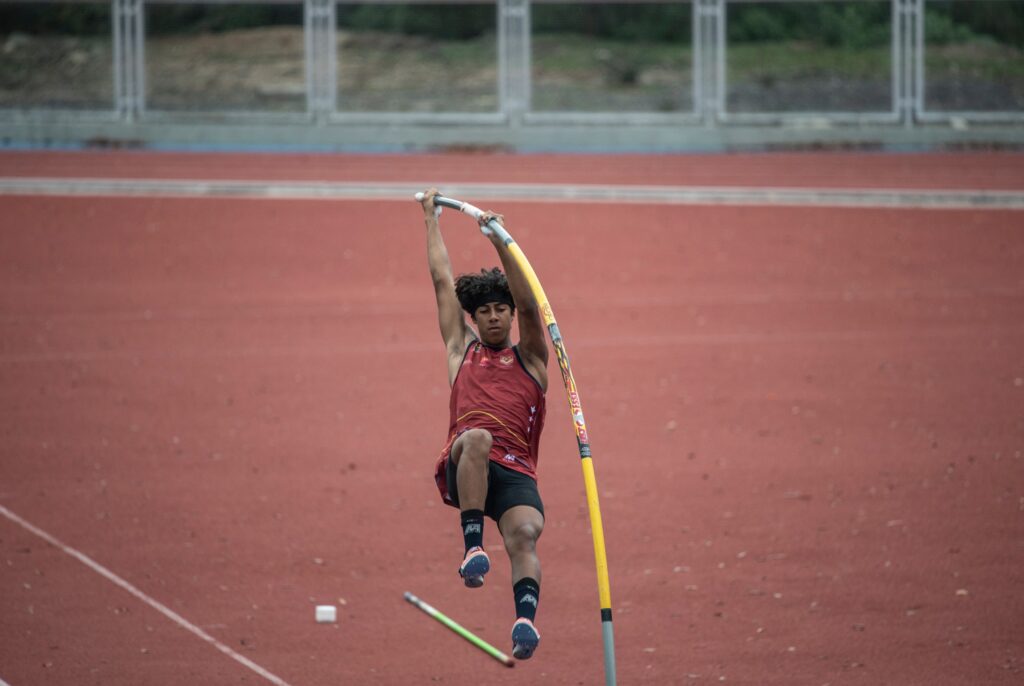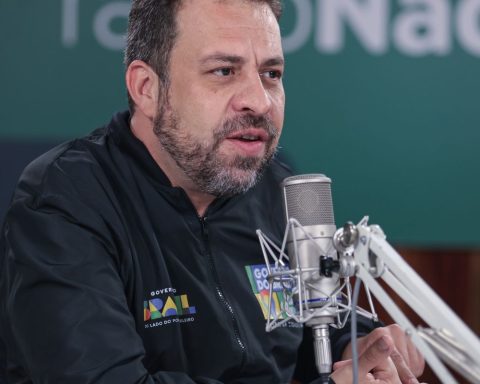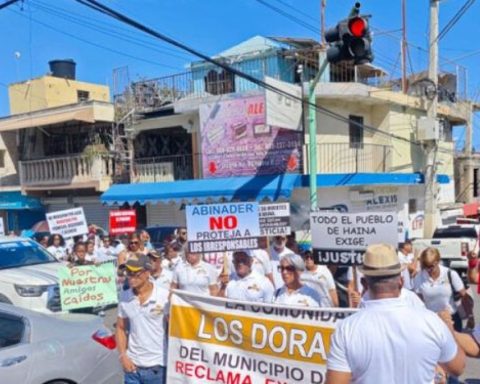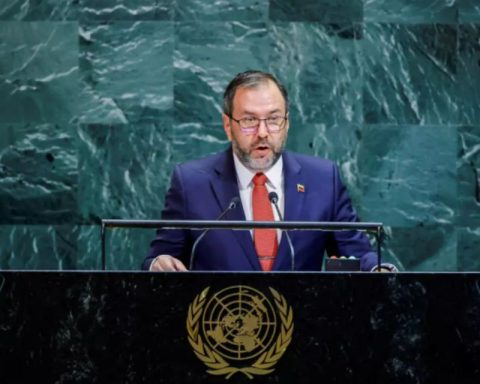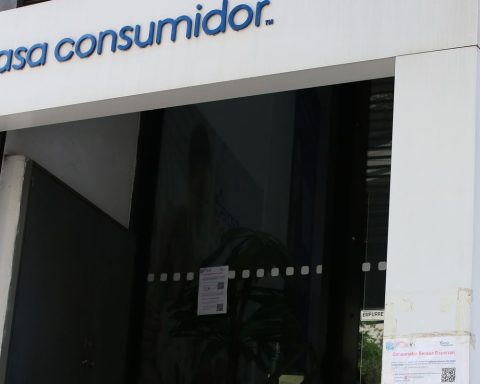The president of the National Human Rights Institution (Inddhh), Juan Faroppa, stated in the Legislative Palace that the body is the object of unfounded attacks and grievances by political actors and opinion formers.
Within the framework of the ten years since the creation of the National Institution for Human Rights and the Ombudsman’s Office (Inddhh), the second session of the XI Annual National Assembly of Human Rights and Ombudsman.
At the opening of the Assembly, Faroppa and the members of the Board of Directors spoke: Mariana Mota, Wilder Tayler, Mariana Blengio and María Josefina Plá.
Faroppa indicated that the Legislative Palace was chosen to give prestige to the meeting, precisely because the institution’s ten years of existence were being commemorated.
Also during the opening, the representative of the Regional Office for South America for the Acnuhd, Jan Jarab, who expressed that “having an Institution of this nature is fundamental for the protection of Human Rights”.
“In effect, the Inddhh plays an essential role in the promotion, monitoring and effective application of national and international human rights regulations,” he added.
“In modern democratic societies, the role of national human rights institutions consists of raising awareness and reminding society of its imperfections, and of course this can be uncomfortable.”
Jarab highlighted the current concept of human rights, which encompasses the rights of sexual, ethical, religious minorities, persons deprived of liberty and refugees, among others. Groups.
Subsequently, the Board of Directors of the Inddhh made an accounting of what had been done and the Working Groups that worked during the year were presented: “National Companies and Human Rights” by Natalia Castagnet, “Inclusive Education” by Heber Da Cunha. and “Memory and Comprehensive Reparation of the Afro-Uruguayan Community” by Óscar Rorra.
During the rendering of accounts, Faroppa explained that the assembly was held over two days, one remote and the other mixed (face-to-face and remote at the same time).
According to Faroppa, the Inddhh had to face “special difficulties” in recent times: “Absolutely unfounded attacks and grievances that those of us who work in the institution and the institution itself have received from actors in the political system and opinion formers.”
“This situation is a worrying situation because of what the proper functioning of a human rights institution as a control body implies in a democratic state such as the one that most of us who live in this country want to build,” he said.
“Unfortunately, this situation has been repeated in the period that we are analyzing in this assembly. Statements have even been made regarding the need to directly eliminate the Inddhh from the institutional legal framework in force in the country until legislative changes are made that may affect the very essence of a functioning human rights institution.
Finally, the conclusions of the discussion groups developed in the first session of the National Assembly were presented.
The Parliamentary Commissioner Juan Miguel Petit, María Elena Laurnaga, head of the Ombudsman for the Neighbor of Montevideo, representatives of civil society organizations, authorities of public bodies and legislators were present at the event.
